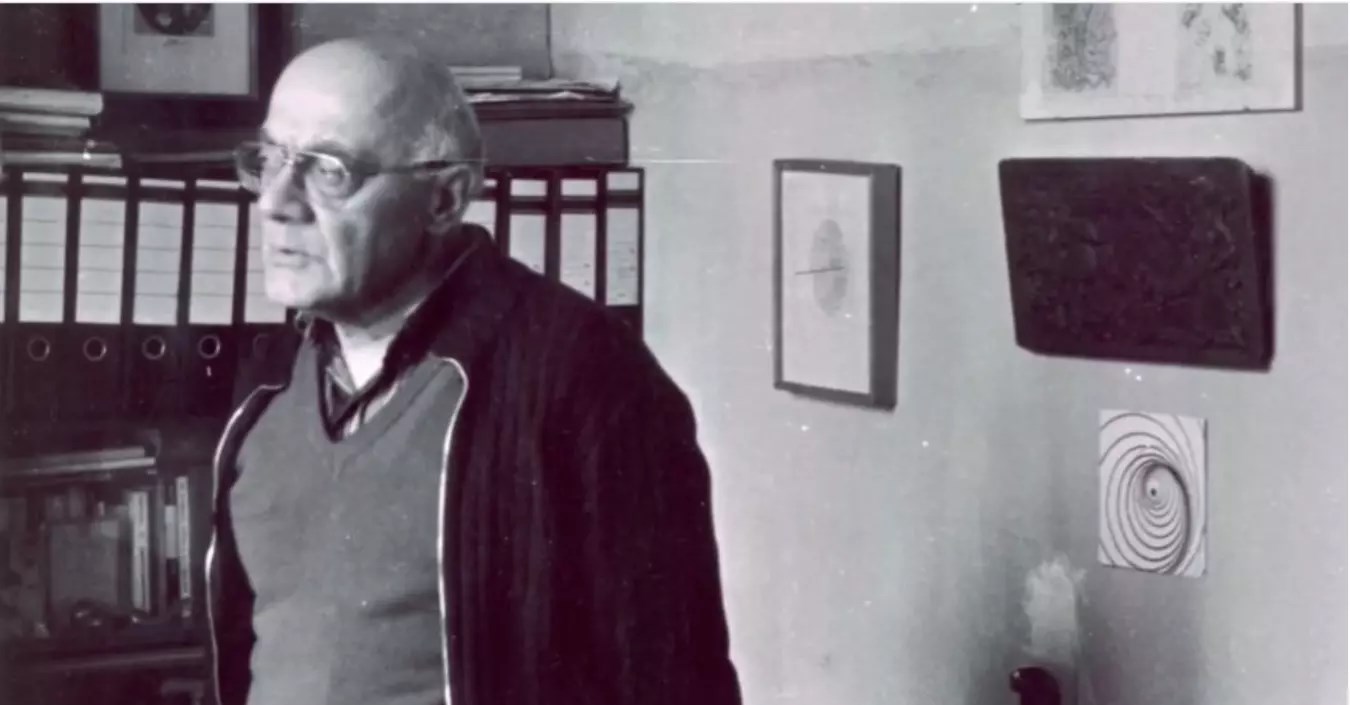
Repeating Mamardashvili | Essay 4 – Multilingualism [1]_Metatext
One aspect, so fascinating in Merab Mamardashvili's two lecture series on Proust, is his multilingual meandering in thinking. The obvious French, obvious, when thinking that he read À la recherche du temps perdu in the original, though his referencing in French is not limited to Proust only. Followed, in terms of statistical occurrence, by Latin, which, as with its Greek 'counterpart', is at first no less surprising, when thinking about philosophical terminology. Further, we encounter words and phrases in Italian, German, English, and Georgian.
Thinking multilingually contains a beauty of vast realms. Words, ideas can be translated and yet, some things seem to be thinkable in one particular language only; using one specific word, more or less describable, paraphrasable in another language, but this one word, this one term seems to fit, seems to be the closest to what one really tries to grasp within the means of language. Listening to or reading a text in multiple languages without understanding and/or knowing all languages used, can, however, result in a rather tricky encounter.
So, why would someone, who tried to avoid terminology, which often needs knowledge of centuries' old connotations and shifts of a term, speak outside a monolingual 'simplicity'? This question, at first, might be considered irrelevant, since no reference in other languages [than Russian], are not commented on, explained and/or paraphrased. Through this practice, they are embedded, by some kind of thread, into a net, a kind of cobweb. A structured and at the same time very subjective metatext, since, within this lace of the occasional language jingle, we can see and hear and maybe also understand one thing: Merab Mamardashvili's thoughts in their tracing.
In 1998, Amin Maalouf wrote in his essay Les identités meurtières about (different) languages in our being and thinking. He distinguished 'la langue identitaire' (the language of identity, also occasionally, possibly understood as one's mother tongue) and 'la langue globale' (the language of global communication) as opposite poles of 'un vaste espace, un immense espace qu'il faut savoir remplir...' (a vast space that needs to be filled). How to connect these two? How to live and think (within) this vast space? Maalouf answers that this can be done through another language, 'la langue de cœur, la langue adoptive, la langue épousée, la langue aimée...' (the language of the heart, an adopted language, a language internalized, a beloved language…).
One might wonder which language could have been Merab Mamardashvili's language of identity, which was his global language and finally, which was the language he chose as his most trusted; and despite the possibility of maybe finding answers to this query, I would like to argue that the answer doesn't matter, but the fact matters that he seemingly moved between languages when thinking, and that this ability to move and to reflect on the move simultaneously led to a text and metatext, which at times become exchangeable and which allow to trace and never fully trace.
Since there are words, in whichever language, …, but in reality almost all words are ambiguous, / …, but in fact, almost all the words are meaningful, / …, but in reality almost all words are meaningful, (1/1984_85). Words are ambiguous and meaningful. And thereby chosen.
Author: Katharina Stadler
Maalouf, Amin. Les identités meurtières. Paris: Éditions Grasset & Fasquelle, 1998.
Lectures 1984_85:
Мераб Мамардашвили. Психологическая топология пути. Фонд Мераба Мамардашвили. Москва. 2014. (Редактор: Е.М. Мамардашвили)
AI translations by https://translate.google.com / https://www.deepl.com/en/translator / https://www.collinsdictionary.com/translator



